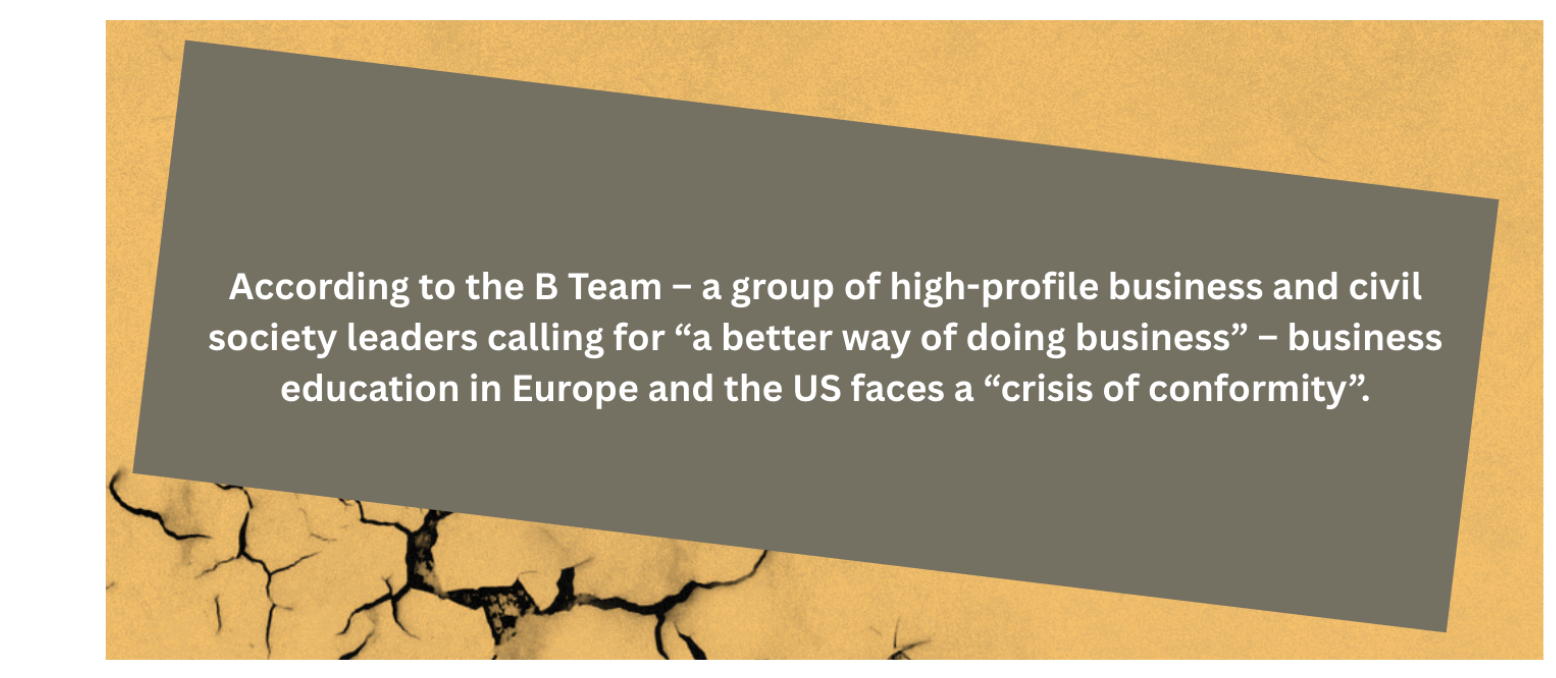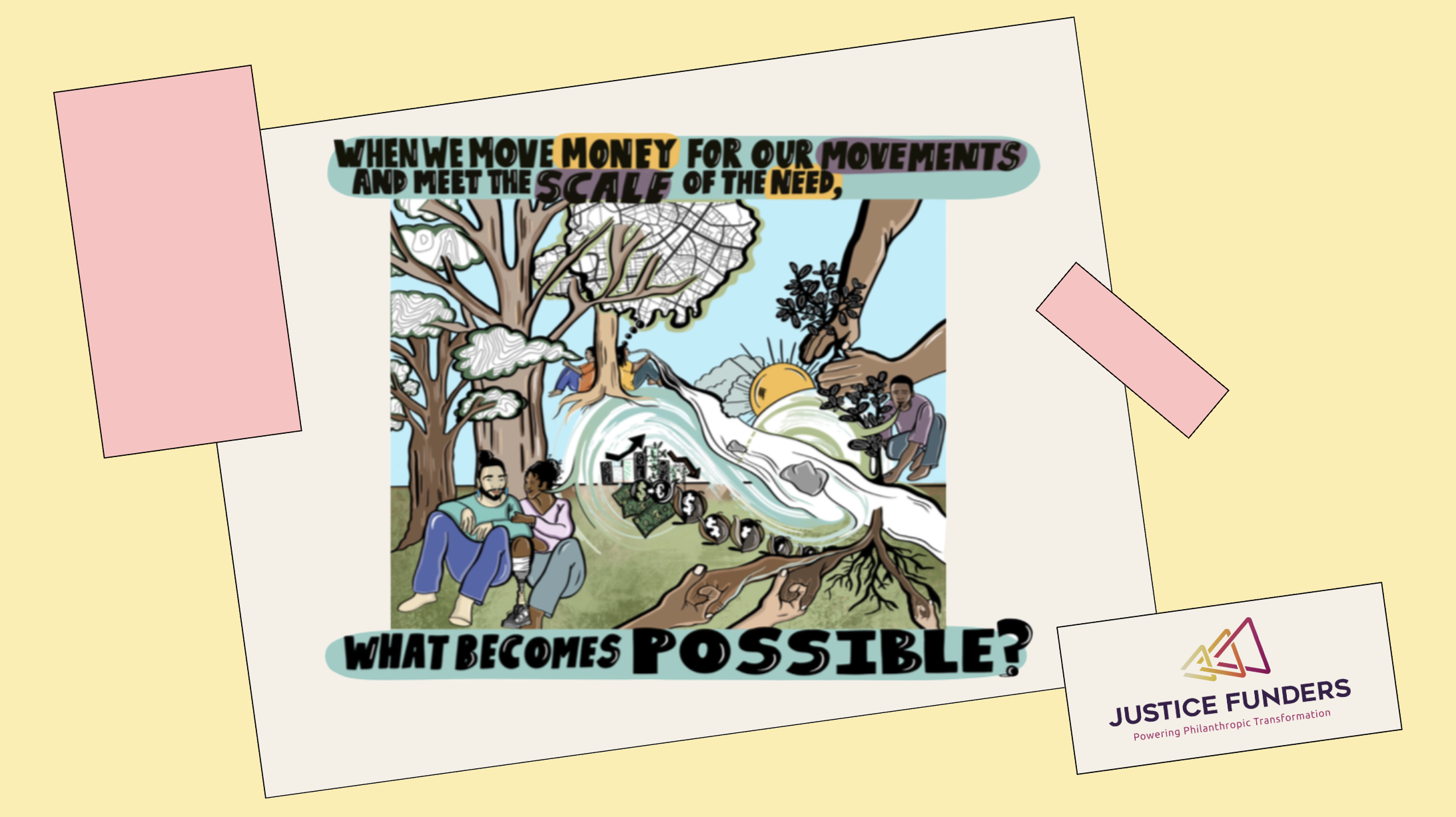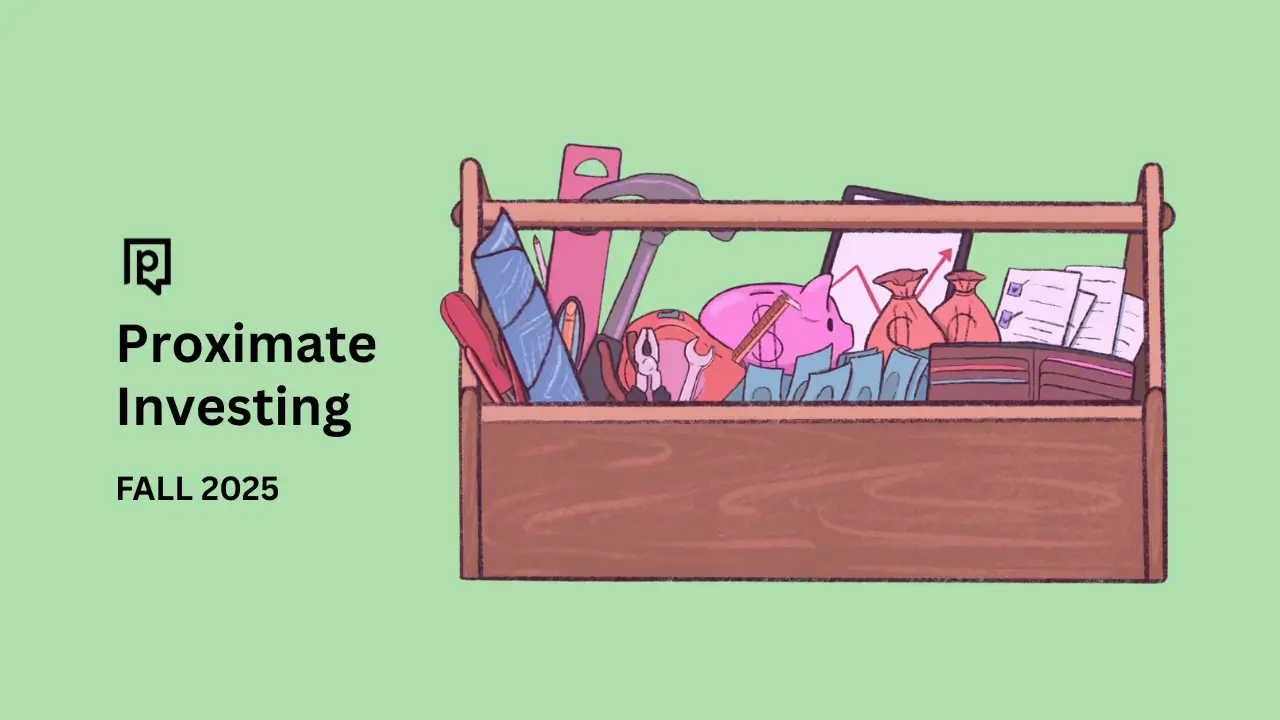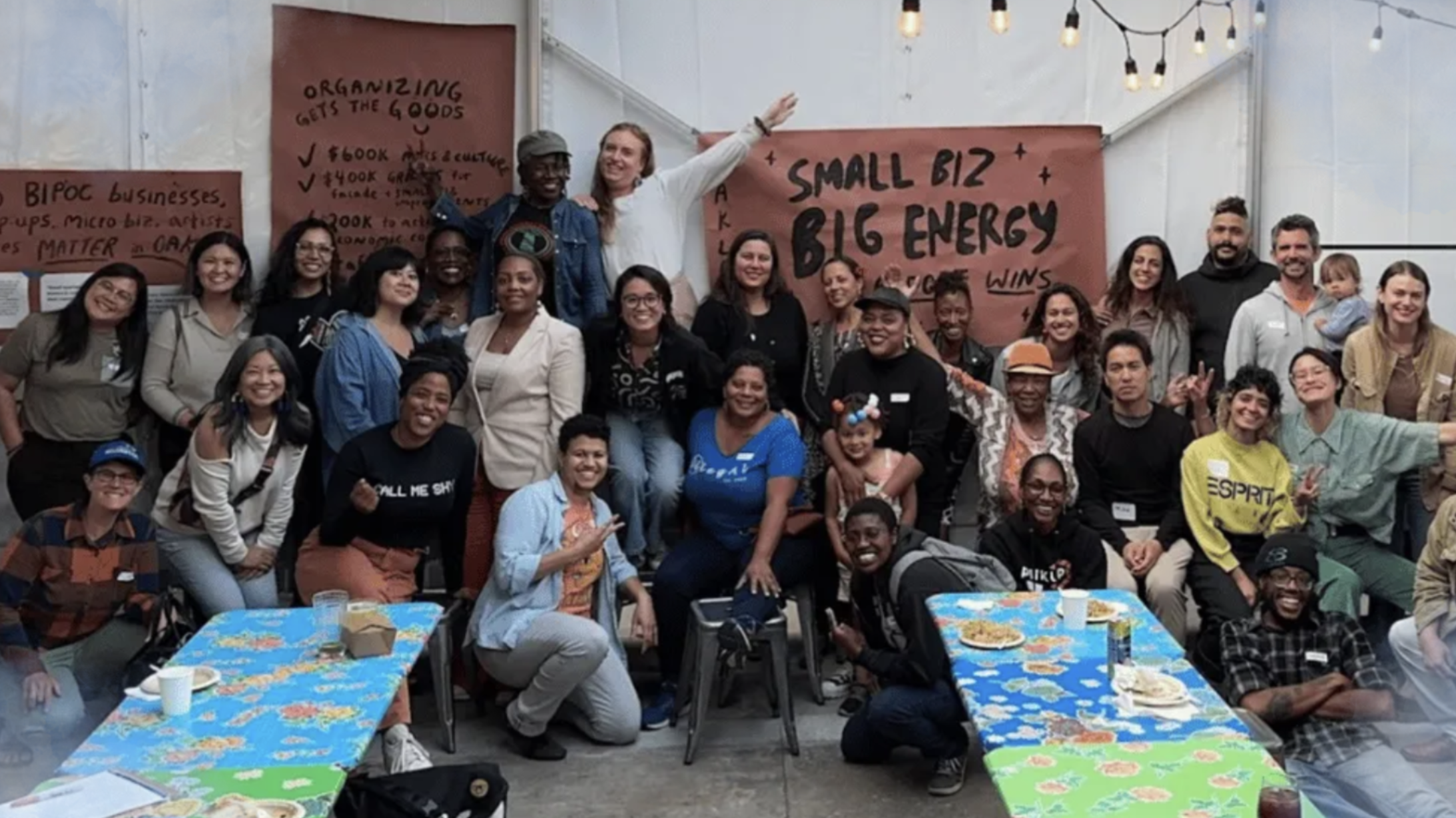Back in the early 2000s, Tima Bansal, a professor at Canada’s Ivey Business School, realized that the courses she taught were missing something crucial. So she set out to rejig the curriculum to make sustainability a required component. That made her one of Canada’s frontrunners in this field: “I was pushing a rock uphill,” she recalls.
She is still figuring out the best route. For more than a decade, Bansal taught a single course on individuals, corporations and society – until she realized that it wasn’t working: “People think, ‘Okay, this is a course in which I think about the environment. Then I go and sell more stuff’”.
Next, she switched to co-teaching one sustainability class across every course: sustainability and marketing, sustainability and operations, sustainability and finance, and so on. “That was good, but still fragmented,” Bansal recalls.
Now, her plan is to teach these topics through hands-on projects, showing students that “every practical problem is embedded within a larger system”. By “complexifying” the problem in this way, she believes students will be better equipped to find real solutions.
More than ever, business education sets the agenda for the global economy. Despite fears of the MBA’s demise, applications to business schools globally are increasing: more than 1 million students applied for master’s level business courses in 2020-21. Nearly a quarter of US master’s program graduates earn degrees in the subject – up from just 11% in the early 1970s.
Yet even as enrollment numbers climb, the traditional view of business – and how it ought to function – is being questioned in significant ways. Alternative courses, like the Next Economy MBA, are teaching what many students see as more relevant and meaningful. Several groups, often student-led, have emerged in recent years seeking to change how economics is taught (though they don’t tend to address business education).
Meanwhile traditional MBA programs, some say, are lagging far behind. A 2024 report by B Team questioned whether “the next generation of business leaders… [are] developing the right skills, capabilities and mindset to meet the challenges that await them.” In the US especially, curricula have “ossified”, in the words of one academic cited in the report.
For instance, models like participatory investing and community-controlled capital attract attention in the “real” world, yet rarely appear in mainstream courses. Andrea Armeni, professor of social finance at NYU Wagner graduate school of public service, says that “students have always been interested in alternative models of business and finance.” But that “gets squashed pretty quickly when you go to business school and they present a dogma or a doctrine [of] shareholder value maximization, and everything else flows from that.”
Some are more outspoken. Otti Vogt, a former C-suite leader at Dutch bank ING, has described business schools as “morally bankrupt”, arguing that they promote “one of the most intellectually incoherent and morally corrosive doctrines of our time: that the purpose of business is to maximize profit”.
Complexity and entrenched incentives
Presenting a different vision of business and finance makes things a whole lot more complex. But, like Bansal, some consider that a good thing.
Europe’s ESCP Business School was founded in 1819, making it the oldest business school in the world. But it has fully embraced what Gorgi Krlev, associate dean of sustainability, terms “the curriculum revolution”, not only offering three specialised master’s degrees in sustainability but also grounding this teaching in every discipline. Krlev sees exploring “wicked problems” and systemic solutions as a positive differentiator in such courses.
“Sustainability education is education in dealing with complexity as well,” he says. Graduates can become experts in their discipline while also developing the skills to handle complexity: “Someone else who doesn’t engage with that is going to be at a disadvantage.”
That view doesn’t seem to have permeated into the mainstream. According to the B Team – a group of high-profile business and civil society leaders calling for “a better way of doing business” – the incentives are stacked against change. Their recent report suggests that business education in Europe and the US faces a “crisis of conformity”. Academia rewards publishing, not teaching, never mind the introduction of new teaching approaches. And the eye-watering fees of business degrees – the “cash cows” of institutions – push graduates toward high-paying jobs afterwards. Rankings of schools reinforce this by making alumni salaries a key criteria.

“There is a lot of inertia,” Armeni agrees. For example, school recruitment events make it easy for students to meet large, mainstream employers; hunting out less conventional employers – a small community development finance institution, for instance – would require more effort. The current system works well for students, employers and universities (who, after all, often count on high-earning alumni for their own fundraising).
Even educators who do want to shake things up face barriers. “It’s work, right? It’s easier to just keep teaching the same stuff that has been systematized, instead of having to go out and find, frankly, more scarce resources,” says Armeni. “There are fewer non-conventional cases for business schools. I haven’t yet found a great impact investing textbook.”
Indeed, ESCP’s Krlev says it’s not easy to truly integrate new topics: there can be “friction or trade-offs in terms of what the ‘traditional gospel’ is in a particular discipline”, he says. “We are trying to do this by teaching a discipline’s basics through a sustainability lens, rather than having sustainability as an add-on.”
Embedding change is difficult and time-consuming, yet proposals for change at ESCP prompt “very little pushback” internally, he says: if anything, colleagues in other departments want to go further. There’s also plenty of demand from students – whose scrutiny, conversely, could be a barrier for institutions considering change. “You get a lot of criticism, even for being a little imperfect. It might sometimes be easier to just not do anything at all,” Krlev says. (He adds that his institution remains nevertheless “highly committed”.)
Prof. Megan Kashner, who leads the Impact & Sustainable Finance Faculty Consortium, a worldwide community of educators, isn’t convinced that core curricula need to change.
The past four or five years have seen an “incredible increase” in the number of core classes weaving in impact and sustainability, perhaps as a case study or as a focus for a week, she says. Elective courses play an important role alongside this. At Northwestern University’s Kellogg School of Management, where Kashner is director of social impact and sustainability, MBA students can choose from 35-40 electives focused on impact and sustainability; 80% of students take at least one of these courses and 20% take four or more. “The demand is absolutely there,” she says.
Kashner is wary of any change to course content that would involve “leaning in hard to one lens” – something that happened around the early 2010s, when social enterprise became fashionable in many schools.
“During that era, and that was before my time, programs did a disservice to students who wanted to go into corporate sustainability, students who wanted to go into impact investing, students who wanted work within big financial institutions to integrate human rights, ESG, whatever it might have been – because they were often made to feel like that was not the path,” says Kashner.
Still, Armeni worries that the way sustainability is typically taught is “a version that’s quite consistent with how things are currently done”, covering areas like the carbon markets or the business case for sustainability. “But it doesn’t really push up against [questions] like: why are investors consistently pushing companies to prioritize profits over other things?”
What are business schools for?
There are some forces calling for change. The Next Economy MBA explores topics including regenerative finance, non-extractive investing and multi-stakeholder cooperatives. Groups like Rethinking Economics and the Centre for Economy Studies aim to “futureproof” the discipline and ensure that students are better prepared for the coming decades. Rankings are also evolving: even the influential Financial Times leaderboard of business schools now also factors in ESG credentials.
Meanwhile 2020 saw the launch of Positive Impact Rating, described as “the only student-based rating or ranking measuring the positive impact of business schools”. And, through the UN Principles for Responsible Management Education, 850+ institutions have committed to placing “organizational responsibility and accountability to society and the planet at the core” of their work.
But are MBAs and similar courses the right spaces for students to question the very system on which they are built?
“That is a hard one, in a business school,” says Kashner. “Our focus is helping our students and alumni be the best leaders that they can be. That is a very pragmatic and practical group of people who are here to do a very specific thing.” She covers systems change in many of her classes; one class, ‘social change essentials’, requires students to role-play as government, nonprofits, business or philanthropy as they discuss how to get more young people into work and training. But even if people are “thinking these big thoughts all the time, the practicality and the skill-building of an MBA are not: ‘let’s learn how to dismantle capitalism’”.
"[Sustainability courses] don't really push up against [questions] like: why are investors consistently pushing companies to prioritize profits?"
Many would agree – and yet it is not entirely clear what the purpose of business education is. Typically, these courses have focused on the organizational level, helping leaders to improve organizational performance. But, as B Team puts it, today’s big challenges “go beyond any single organization and require leaders to adopt a more holistic approach”. Bansal points out that business schools were originally designed to help people solve practical problems; later, a focus on professionalization and scholarship moved them toward theory, and a whole-hearted embrace of neoliberalism.
“The two worlds, practical problems [and] research, diverged. Not only that, we ended up focusing at the organization level, with the societal level just an interesting backdrop,” says Bansal. A return to more practical learning, she believes, would change the focus, since every decision would have to consider how business interacts with society and the environment.
Targeting practical problem-solving was also a recommendation in a 2022 report from the British Academy think tank, which was part of a broader project examining the future of the corporation. Problem-solving could guide how a whole curriculum is structured, the authors pointed out. Cardiff Business School, for instance, reshaped its core MBA into “challenge-focused modules”: one explores the role of business within “an interconnected, interdependent and uncertain world”, with a focus on the Sustainable Development Goals.
Yet things have changed significantly even since 2022. “Right now, academia has so many challenges, frankly, that I don't think we quite have [the administration’s] attention on major curricular changes,” says Armeni.
Political headwinds in the US are “not insignificant,” agrees Bansal. Many universities face huge headaches: precarious government funding, attacks on inclusion policies, the as yet unknown impact of AI. Centuries-old institutions should not be shaken by the whims of one particular political cycle, she agrees – yet for some, the issue is existential: “If you’re not going to survive the short term, how do you keep thinking long term?”
And even educators pushing the frontiers expect most of their students to find roles with conventional or mainstream employers, perhaps “tweaking things at the margins,” as Armeni puts it – working within constraints to make changes that add up to something powerful. He has designed a course on the intersection of finance and social justice which is, he says, “not the standard impact investing course”. But that is balanced with a more pragmatic belief that “we actually need to understand how capital works in order to change it,” he says.
“The problem is not: how do we design a system from scratch? It’s: how do we take what we currently have and, with the minimal damage, try to turn it into something that would be positive for people?”








%20(1280%20x%20720%20px)%20(46).png)


.webp)
%20(1280%20x%20720%20px)%20(3).webp)


%20(1280%20x%20720%20px)%20(39).png)
%20(1280%20x%20720%20px).webp)

%20(1280%20x%20720%20px)%20(2).webp)



%20(1280%20x%20720%20px)%20(40).png)


.webp)
.webp)

